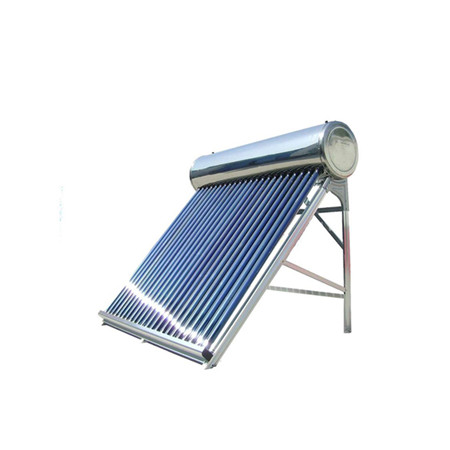Green Energy Alternatives
페이지 정보
작성자 Enid Bloodswort… 작성일25-04-20 01:17 조회4회 댓글0건본문
 As the world shifts towards environmentally responsible living options, alternative heat solutions have become increasingly popular. Among the various options available, solar water heaters have emerged as a cost-effective and efficient way to heat water, reducing our reliance on fossil fuels and lowering greenhouse gas emissions.
As the world shifts towards environmentally responsible living options, alternative heat solutions have become increasingly popular. Among the various options available, solar water heaters have emerged as a cost-effective and efficient way to heat water, reducing our reliance on fossil fuels and lowering greenhouse gas emissions.Solar water heaters, also known as heat recovery systems, use the sun's energy to heat water, which is then stored in a hot water tank for use when needed. The system typically consists of a number of key components, including flat-plate collectors, heat exchangers, heat exchangers, and monitoring systems.
Panel Collectors are the most common type of collector used in solar water heaters. They consist of a series of pipes that are laid out in a elongated panel, which collects heat from the sun and transfers it to the surrounding water. The collector is typically placed on a south-facing roof or in a location where it can receive the most sunlight.
Storage tanks are where the heated water is stored for use when needed. The tank is usually made of a heat-resistant material, such as polypropylene, and is equipped with insulation to keep the heat in. Some solar water heaters also include a hot water storage tank that is specifically designed to store the heated water, allowing for hot water to be dispensed from the tank.
Heat exchangers are used to transfer heat from the collector to the water. They can be made of a variety of parts, including stainless steel, and come in different types, such as coil heat exchangers.
Operating Systems ensure that the solar water heater operates efficiently and effectively. They can be automated, and include features such as pressure relief valves.
Some of the benefits of using solar water heaters include lower energy bills, as they can provide up to 80% of a household's hot water needs. They are also sustainable, as they do not produce greenhouse gas emissions. Additionally, solar water heaters can be more than 40% cheaper to operate than traditional electric water heaters.
There are several types of solar water heaters available, including passive systems. Passive systems use a thermocline to store the heated water, while Tank Systems use a tank to store the heated water. Heat Exchanger Systems, on the other hand, use a heat exchanger to transfer the heat from the collector to the water.
Selecting the right solar water heater for your home or business depends on several factors, including your operating expenses. Here are a few things to consider when selecting a solar water heater:
- Estimate your utility usage.
- Assess your local weather conditions.
- Evaluate the area available for installation.
- Explore state and local tax credits.
- Consider the system's lifespan.
댓글목록
등록된 댓글이 없습니다.